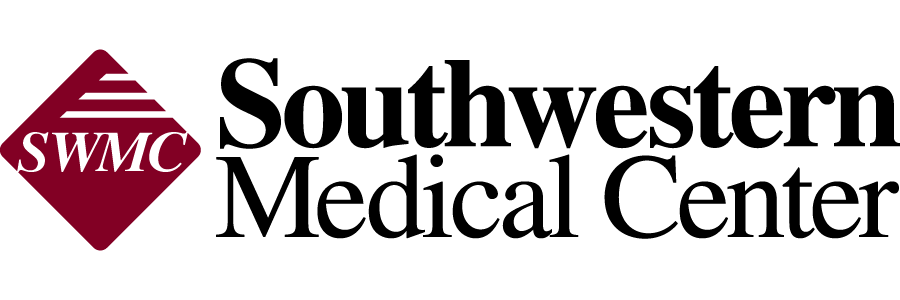Know Your Risk of Lung Cancer and Act Accordingly
November is Lung Cancer Awareness Month, a time to raise awareness about one of the most serious and deadly forms of cancer in the United States. While lung cancer is often linked to smoking, it’s a disease that can affect anyone – and early detection can save lives.
The Reality of Lung Cancer
Lung cancer is the third most common cancer in the U.S., following breast and prostate cancer. But it’s the leading cause of cancer-related deaths, claiming more lives each year than breast, pancreatic, and prostate cancers combined.
Here are some important facts to know:
- In 2022, nearly 219,000 new cases of lung cancer were reported in the U.S., and in 2023, more than 131,000 people died from the disease. Globally, lung cancer was the most commonly diagnosed and deadliest cancer in 2022, with about 2.5 million new cases and 1.8 million deaths worldwide.
- The lifetime risk of developing lung cancer is about 1 in 17 for men and 1 in 18 for women.
- Smoking is the number one risk factor, responsible for approximately 90% of lung cancer cases. Smokers are up to 30 times more likely to develop lung cancer than non-smokers.
- There’s hope: lung cancer diagnoses have been declining since 2006, thanks to increased awareness, prevention efforts, and early detection.
Why Early Detection Matters
Lung cancer often doesn’t show symptoms until it’s advanced. However, when caught early, especially at Stage I, treatment can be highly effective, with cure rates as high as 80–90%. Unfortunately, the overall five-year survival rate remains low at 28%, largely due to late diagnoses.
Current or Former Smoker? Here’s What You Can Do
If you’re a current or former smoker between the ages of 50 and 77, you may qualify for a low-dose CT scan, a powerful screening tool that can detect lung cancer early. These scans offer better imaging than traditional X-rays with less radiation exposure.
At Southwestern Medical Center, we offer low-dose CT screenings with a provider’s referral. Talk to your primary care provider to see if this screening is right for you.
You can also visit our Lung Health Risk Assessment page to answer a few quick questions and get a personalized look at your risk factors.
Most importantly, don’t smoke. If you do, consider quitting today. And if you are or were a smoker, get screened. As with so many cancers, early detection could save your life.

